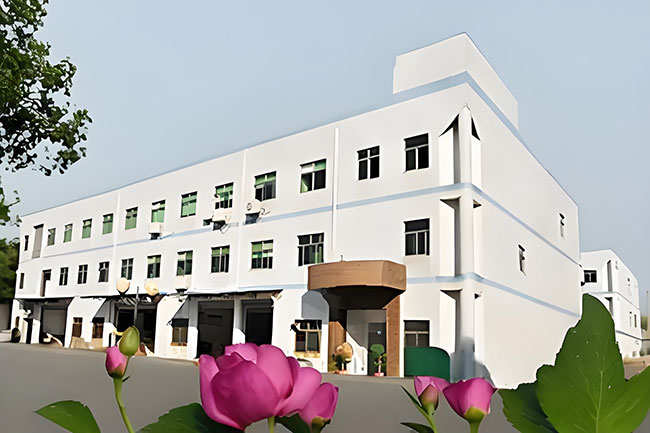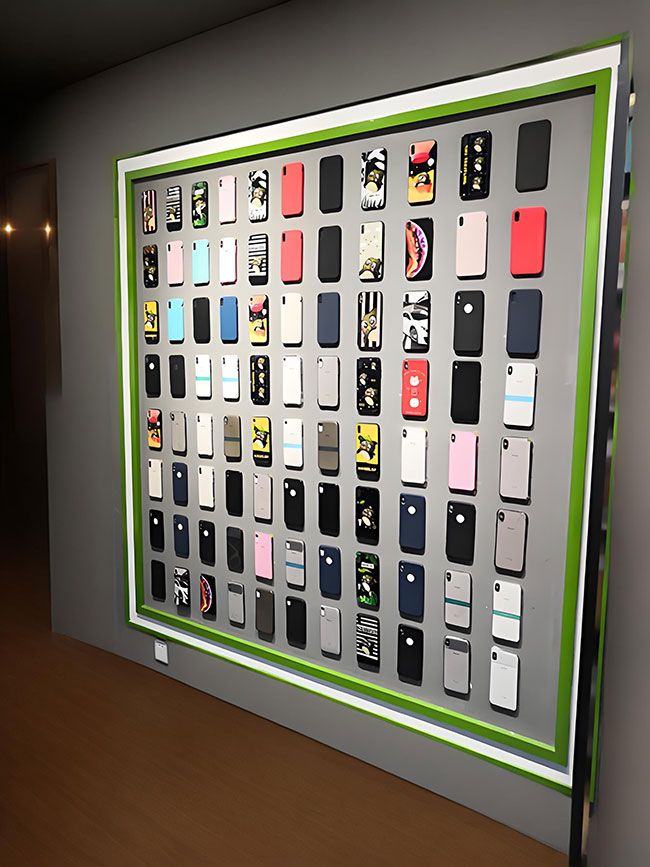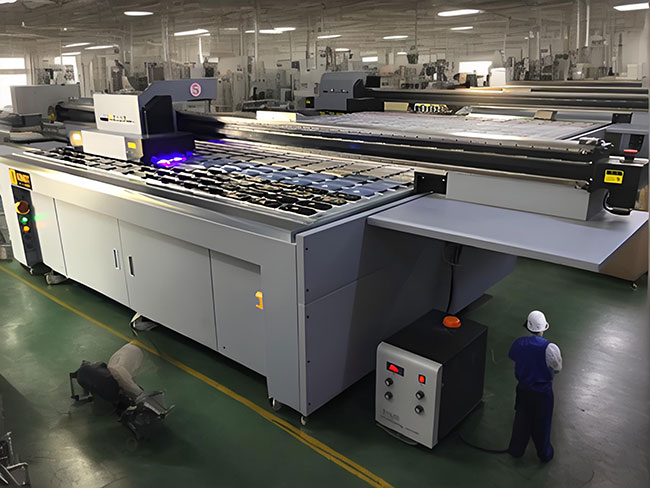-
What material is used in the mobile data cable
Data Cable ViewCount
When we talk about mobile data cables, they are not just a simple link between the phone and a power source or computer. They are an indispensable part of modern life, carrying important functions of data transmission and charging. So, what materials are used inside this seemingly ordinary data cable to ensure its efficient and safe operation?
Firstly, the core of a data cable lies in its internal core, which is typically the key factor determining data transmission speed and charging efficiency. Most high-quality data cables use copper wire cores because copper has good conductivity and corrosion resistance, ensuring stable current transmission. In order to further improve performance and durability, some data cables also use aluminum clad copper wire cores, which combine the lightweight of aluminum with the conductivity of copper, making the data cables both soft and durable. Of course, there are also data cables with pure aluminum cores on the market. Although they are lighter in weight, their conductivity is relatively weak, making them suitable for situations where performance requirements are not high.
In addition to the core, various materials are also used on the exterior of the data cable to protect its internal structure and extend its service life. The most common outer materials include PVC, TPE, and woven nylon. PVC material is widely used due to its low price, good flexibility, and waterproof and wear-resistant properties. However, with the increasing awareness of environmental protection, some manufacturers are turning to more environmentally friendly TPE materials. TPE material not only has the advantages of PVC, but also is more environmentally friendly, can be recycled, and reduces production costs. And woven nylon material has become a new favorite in the market due to its excellent folding resistance and durability, especially suitable for data cables that often need to be carried and used.

In addition, the data cable is equipped with metal or plastic connectors for connecting to devices such as mobile phones and computers. Metal connectors are highly favored due to their high strength, wear resistance, and good electrical conductivity. Common materials include copper and aluminum. Plastic connectors, on the other hand, are characterized by their lightweight, flexibility, and good insulation performance. Although they may be slightly inferior in strength, they are still widely used in situations where weight is required.
In the overall design of the data cable, the importance of the shielding layer is also considered. High quality data cables are equipped with metal wire protection nets and aluminum foil shielding layers inside, which can effectively reduce electromagnetic interference and ensure the stability and safety of data transmission. At the same time, in order to enhance the tensile strength of the data cable, some manufacturers also insert tensile fibers into the core, making the data cable less likely to break when pulled by external forces.
various materials and technologies are used inside the mobile data cable to ensure its efficient and safe operation. From copper wire core to braided nylon outer layer, from metal connectors to aluminum foil shielding layer, every detail reflects the manufacturer's pursuit of quality and attention to consumer demand. Therefore, when choosing a data cable, we should not only focus on its appearance and price, but also understand its internal structure and materials in order to select a product that is both practical and durable.
Factory production workshop |

|

|

|
Rarticle:
- Small phone case, fashion label for big city adventurers
- Mobile power bank accompanies me in dimly lit places
- Wilderness Survival: Adventure of Charging Cables
- Design and Application of Intelligent Interactive Phone Cases
- The infinite possibilities brought by the 360 degree rotating phone holder
- The combination of creativity and practicality in homemade phone holders
- The phone screen protector suddenly cracked
- Data Maze: Time Fragments in Mobile Hard Drives
- The accidental fire of mobile phone charging cable
- I am a professional power supply station for multi port USB chargers
- Category
-
- Search
-
- Friend link
-